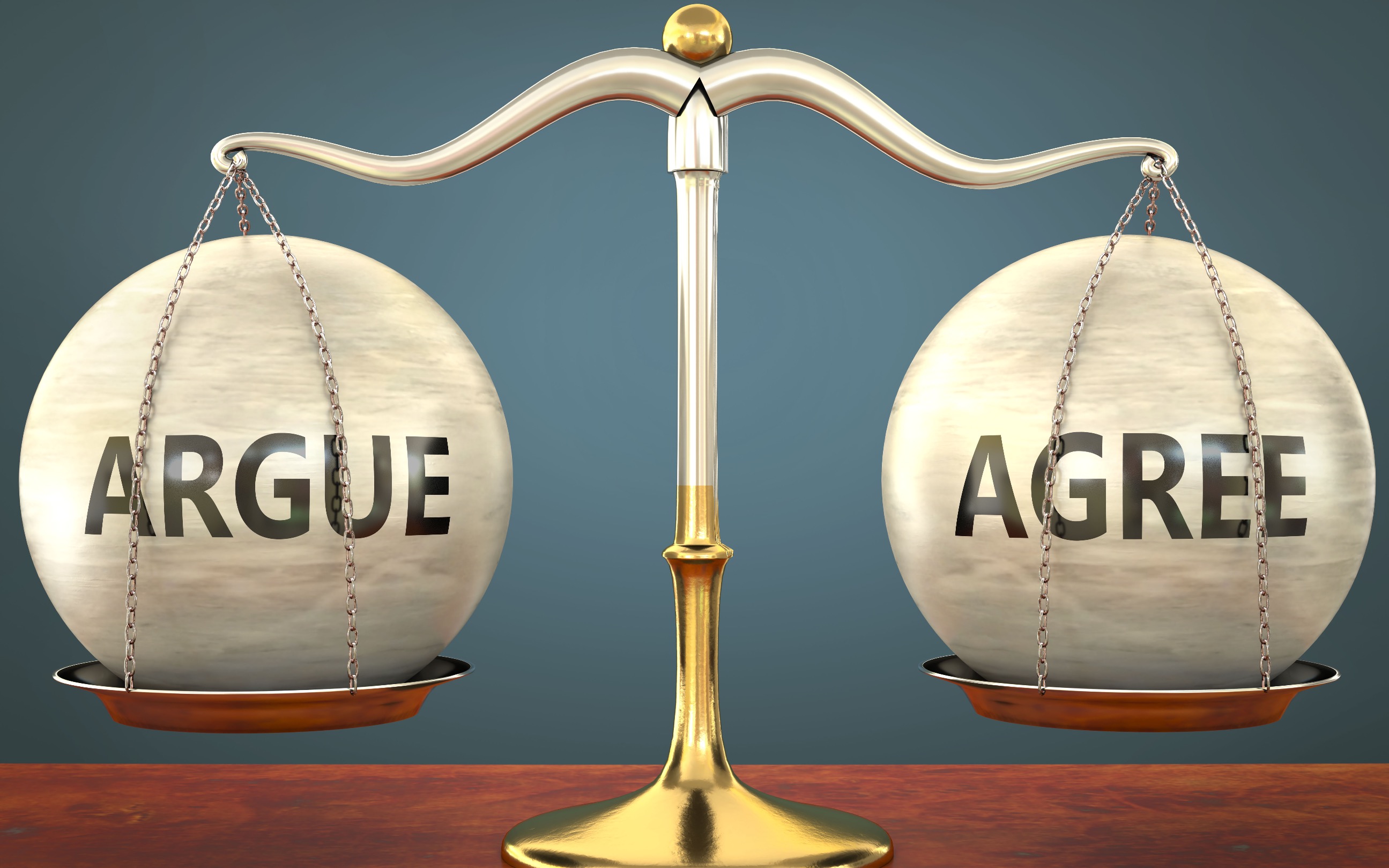There is Strength in Accepting
People for Who They Are
 Image Source: fizkes; "Multi ethnic indian and caucasian diverse young businesswomen sitting in front of each other in office during business meeting", 2024. Accessed via https://www.123RF.com/photo_149857658, Standard License.
Image Source: fizkes; "Multi ethnic indian and caucasian diverse young businesswomen sitting in front of each other in office during business meeting", 2024. Accessed via https://www.123RF.com/photo_149857658, Standard License.In a world that often pressures conformity, accepting people for who they are can feel revolutionary. It's about moving beyond tolerance and stepping into a space of genuine appreciation for the rich tapestry of human experience. But what exactly does acceptance mean, and why is it so important?
At its core, accepting others signifies acknowledging and respecting their inherent right to be who they are. This includes their beliefs, values, backgrounds, and even their flaws. It doesn't mean condoning harmful behavior, but rather understanding that people are complex products of their experiences.
Acceptance Makes Us Stronger
Here's why acceptance is a strength, not a weakness:
- Creates Connection. When we accept others, we open ourselves to the possibility of genuine connection. We can celebrate differences and find common ground, fostering a more vibrant and interesting world.
- Empowers Growth. Feeling accepted creates a safe space for people to be themselves, explore their identities, and grow. Without the fear of judgment, they can flourish and reach their full potential.
- Reduces Conflict. Acceptance fosters empathy and understanding, which are crucial for navigating disagreements. It allows us to see issues from different perspectives and find solutions that work for everyone.
- Boosts Well-being. Both the giver and receiver of acceptance experience a sense of peace and belonging. It reduces stress, anxiety, and feelings of isolation.
Accepting people for who they are, and the willingness to do so, comes from a moral understanding of respect for every human being. The same is true for etiquette-ful behavior. This show of respect develops in context of being in relationship with others. Learning what it means to be polite and kind and to be recognizably respectful of others, to follow rules of social engagement such as respecting personal space, and to handle our own feelings with civility and encourage others to do the same, are the tools demanded of us as human beings.
Etiquette helps humans form the social fabric within which we learn and grow peaceably. When we are etiquette-ful, we are actually integrating the moral principles upon which human rights are based, into our interactions with others.
Accepting People for Who They Are as a Daily Practice
So how can we cultivate acceptance in our daily lives? The following suggestions are ways that you can integrate acceptance into your interactions with other people. Practice one or some of them every day.
- Put yourself in someone else’s shoes and try to “get” their perspective in the moment.
- Practice Active Listening. Truly listen to understand, not just to respond. Pay attention to what people are saying and feeling. Observe your tone of voice and notice if you can look the other person in the eye as you speak.
- Respect other persons’ boundaries and honor your own.
- Reflect on your biases and stereotypes. We all have biases. Become aware of yours and challenge negative assumptions you might hold.
- See uniqueness as a strength, not a weakness, and celebrate individual differences. Embrace and appreciate the variety of cultures, backgrounds, and ideas that surround you.
- Focus on Common Ground. Despite our differences, we share a fundamental humanity. Find common interests and values to connect with others.
The habit of accepting people for who they are is a journey, not a destination. There will be times when it feels challenging. But by embracing the beautiful mosaic of humanity, we create a more inclusive and vibrant world for everyone. Remember, acceptance starts with us. When we accept ourselves, flaws and all, it becomes easier to extend that same grace to others. Let's create a world where everyone feels seen, valued, and empowered to be their authentic selves.














